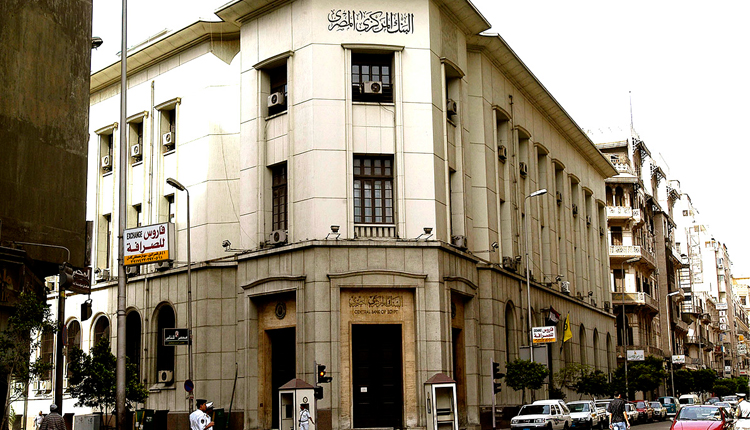The Central Bank of Egypt announced the balance of payments recorded an overall deficit of $8.2 billion during financial year 2018/2019, as the overall surplus of $1.7 billion during the second half of the year broadly offset the overall deficit during the first half of the year.
According to the CBE’s balance of payments developments in FY 2018/2019, which tracks the balance payments performance, the current account deficit reached $8.2 billion compared to $6.0 billion in FY 2017/2018.
The oil trade balance recorded a surplus for the first time since financial year 2012/2013, registering $8.1 million compared to a deficit of $3.7 billion in FY 2017/2018 due to the leap in investments in the oil and gas sector and a number of other developments.
Oil export proceeds increased by 31.7 percent, recording $11.6 billion compared to $8.8 billion in financial year 2017/2018 due to higher exports of natural gas and oil products on the back of the rise in exported quantities and world oil prices.
“Oil import payments declined by 7.5 percent, recording $11.5 billion compared to $12.5 billion in financial year 2017/2018, and the imported quantity of oil products and crude oil have also declined,” the CBE said in a statement.
The non-oil trade balance saw a widened deficit by 13.4 percent, registering $38.0 billion compared to $33.6 billion in financial year 2017/2018, driven by the rise in non-oil imports by 8.6 percent (to $55.0 billion) compared to $50.6 billion in financial year 2017/2018.
“This was partly driven by the recovery of economic activity, which was reflected in higher GDP growth,” the statement said.
Meanwhile, the services surplus rose by 17.2 percent to $13.0 billion compared to $11.1 billion in financial year 2017/2018 because of the increase in service receipts that outpaced those in services payments, while unrequited current transfers fell by 5.1 percent to register a net inflow of $25.1 billion compared to a net inflow of $26.5 billion in financial year 2017/2018.
The investment income deficit also rose by 32.3 percent, recording $8.3 billion compared to $6.3 billion in financial year 2017/2018, driven mainly by the pickup in investment income payments that reached $9.3 billion compared to $7.1 billion in financial year 2017/2018.
The statement also touched upon the capital and financial account, which recorded a net inflow of $8.5 billion compared to $22.0 billion in financial year 2017/2018, while net inflows of portfolio investments in Egypt recorded $4.2 billion compared to $ 12.1 billion.
“However, net portfolio investments in Egypt recorded net purchases of $10.1 billion in the second half of 2019 following net sales of $5.9 billion in the first half of 2019. This was mainly due to the volatility observed in global financial markets and especially emerging markets during that time,” the statement said.
In the same vein, net inflows of foreign direct investment in Egypt fell to $5.9 billion compared to $7.7 billion in financial year 2017/2018 due to the increase in outflows that exceeded the increase of inflows, while net disbursements of medium- and long-term loans and facilities recorded $4.2 billion compared to $7.9 billion in financial year 2017/2018.
Source: Ahram Online


